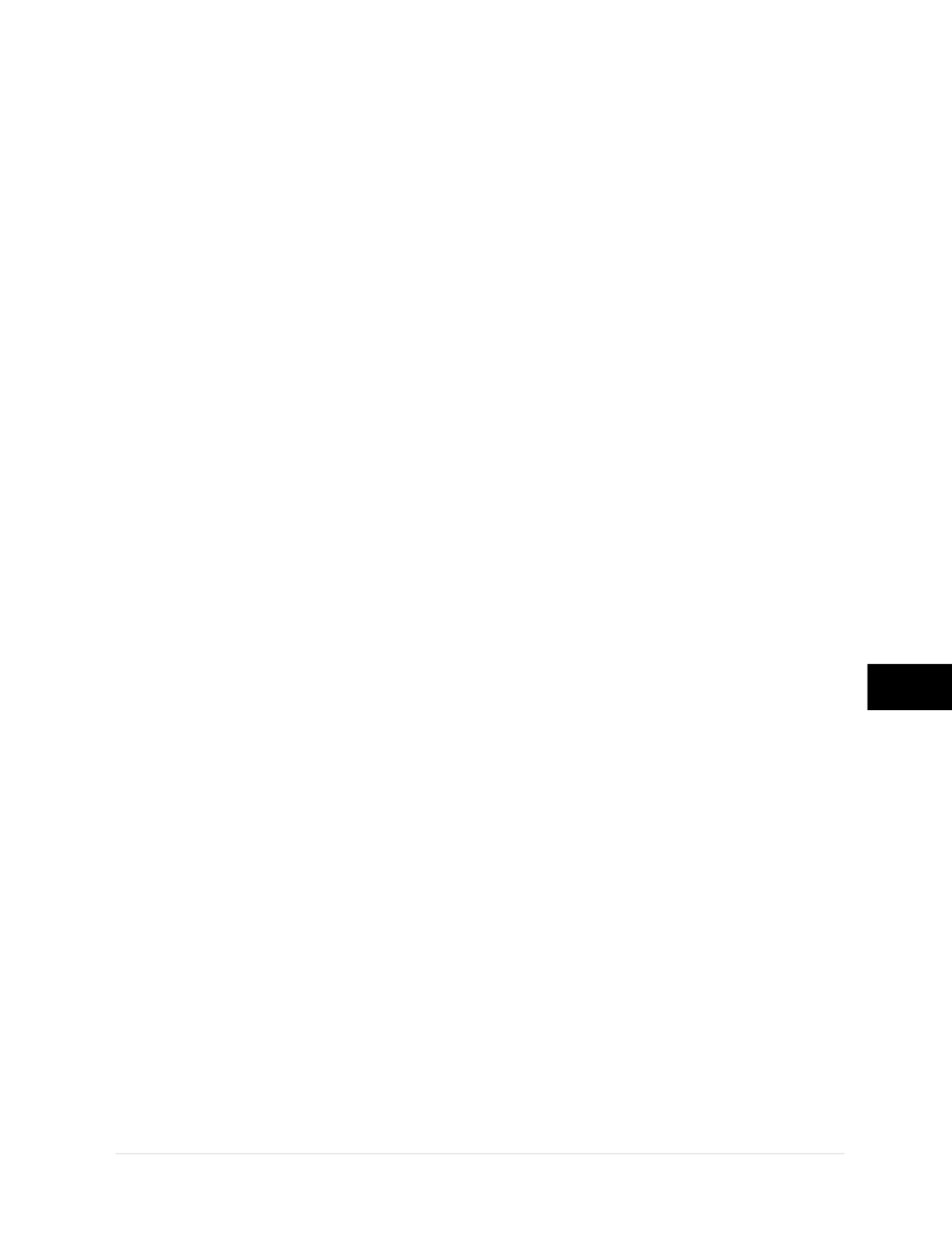
© 2014 Foundation Supportworks
®
,
Inc.
All Rights Reserved
p 337
Chapter 5
PolyLEVEL
®
Polyurethane Foam and Resin
CHAPTER 5
POLYLEVEL
®
POLYURETHANE FOAM AND RESIN
5.4 Product Use
Considerations
Special considerations for use of PolyLEVEL
expanding foam products include:
• PolyLEVEL expanding foam is intended for use
beneath rigid concrete slabs and pavements
with some spanning capability. The products
should not be used beneath flexible pavements;
e.g., asphalt, brick pavers, cobble stone, or
highly deteriorated and broken concrete.
• Mixingof theAandRsides creates an exothermic
reaction. The heat that is generated generally
increases with the thickness of material placed.
When a void is deeper than about 6 inches, the
material should be placed in thinner lifts to avoid
charring or ignition. The PolyLEVEL Trench-
Breaker material is designed specifically for
placement in thick, successive lifts.
• The chemical reaction generates off-gasses.
Fortunately, most applications are outside or
within large open and/or well-ventilated areas.
The gasses are mostly contained under the slab
and dissipate slowly causing no adverse effect.
However, in poorly ventilated areas, the gasses
can displace or reduce breathing air. Long term
exposure can cause an allergic-like sensitivity
to the product. It is always best to arrange
proper ventilation and to wear a half mask
with Organic Vapor/Acid Gasses respirator
cartridges when working inside.
• Care should be taken by the installer not to
over-lift the slab or pavement sections. Should
an over-lift situation occur, slight adjustments
may be possible in the elevations of adjacent
sections. Otherwise, sections may have to be
ground down or removed and replaced.
• Re-leveling slabs and pavements by injecting
PolyLEVEL at the interface of the concrete
and subgrade soils will not address deep-
seated problems such as consolidation of fill or
native soils, erosion, or sinkhole development.
Experience has shown that deep consolidation
of fill or native soils is often the cause of dips
and sags in roadway sections and settlement of
approach slabs. Deep injection of polyurethane
in such applications, especially in clay soils,
would provide little to no benefit. Rather, a
practical and economical option is periodic re-
leveling of the slabs as settlement occurs. Deep
consolidation settlement generally slows and
decreases in magnitude over time, so these
periodic adjustments become less frequent
(generally years between applications).
5.5 Products
The PolyLEVEL product line includes four
(4), two-part expanding foams and one (1)
single-part non-expanding resin. Brief general
descriptions and product uses are included
below. Additional product descriptions and
properties are included on the Technical
Information sheets in Appendix 5A.
•
PolyLEVEL
®
250 (PL 250)
– Nominal 2.5 pcf
density in a free-rise state; typical in-place
density of 4 pcf confined beneath slabs and
pavements. Used mainly in residential and low
load applications.
•
PolyLEVEL
®
400 (PL 400)
- Nominal 4 pcf
density in a free-rise state, typical in-place
density of 6.5 pcf confined beneath slabs or
pavements. Used in commercial and moderate
to high load applications.
•
PolyLEVEL
®
400H (PL 400H)
– Similar properties
and uses as PL 400. Hydrophobic material used
specifically in applications where water is likely
present beneath the slabs or pavements.
•
PolyLEVEL
®
Trench-Breaker
– Used as a
ditch block or trench break material due to
its low exothermic reaction temperature and
quick dissipation of heat.
•
PolyLEVEL
®
100SS (PL 100SS)
- Single-part
stabilizer for loose soils.
Model specifications for PL 100SS and PL
400 are included in Appendix 5B. The model
specification for PL 400 can be easily modified
for the other two-part expanding products.


